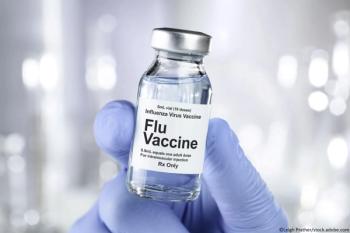
ESC Congress 2021: Results from the largest trial of its kind suggest that flu vaccination should be part of in-hospital treatment after myocardial infarction.

ESC Congress 2021: Results from the largest trial of its kind suggest that flu vaccination should be part of in-hospital treatment after myocardial infarction.
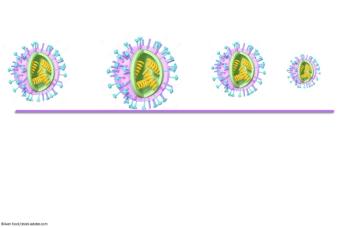
There is something new with the flu and the vaccine against it every year. We summarized answers to 10 questions frequently asked by patients and clinicians alike.

IAC president Kelly Moore, MD, MPH, has a long history of fighting flu and promoting vaccination. She talks about the influenza/COVID season to come and using the best tools we have.

Low rates of routine adult vaccination, reduced further during the 2020-21 pandemic months, threaten a surge in these conditions as the US reopens, says the National Adult and Influenza Immunization Summit.
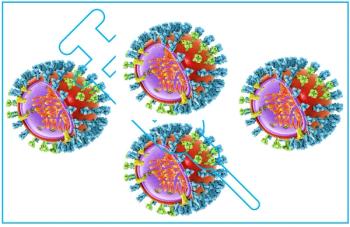
Influenza season brings vaccine fear and misconceptions every year. Stay ahead of patients with our quiz on their questions for you.
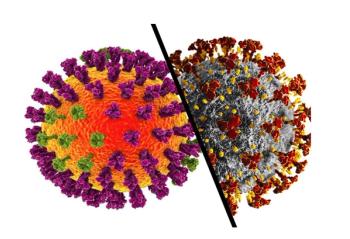
The American College of Physicians urges clinicians to make sure adult patients, especially the most vulnerable, are protected against preventable diseases as COVID spreads and flu is imminent.
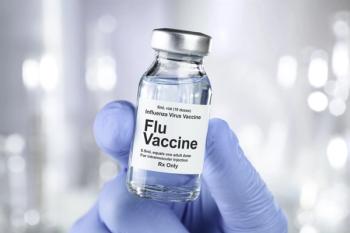
In the largest study of its kind, patients with COVID-19 who did not receive flu vaccine were significantly more likely to visit the emergency department and to have a stroke, among other severe effects.

Influenza vaccination is associated with lower risk for all-cause and cardiovascular death in patients with CVD vs no vaccination, a new meta-analysis found.

Individuals vaccinated against influenza were 24% less likely to be infected with COVID-19 than those who did not get the flu shot, according to Michigan Medicine researchers.
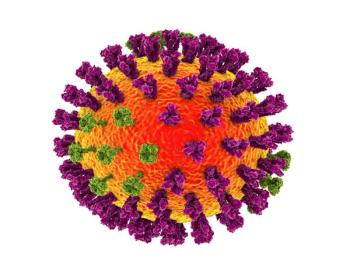
A high-dose influenza vaccine was no more effective than the standard-dose vaccine at reducing the risk of severe outcomes among patients with heart disease, NIH study finds.

The expanded indication for baloxavir marboxil is positive news as the surge in US COVID-19 cases converges with the arrival of flu season.

COVID-19 cases are surging across the country as the US heads into holiday season. Counsel patients on staying safe and keep these billing codes very close at hand.
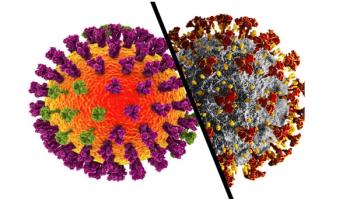
Recent NIH COVID-19 guideline updates include evidence-based considerations for treatment of patients hospitalized with flu and COVID-19 coinfection.

The first study to compare COVID-19 and influenza complications in hospitalized patients found COVID-19 patients more likely to be admitted to ICU and to die.
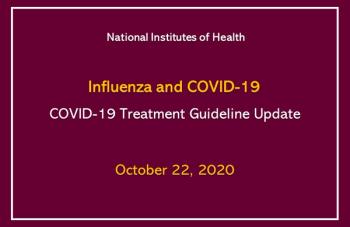
The new guideline section stresses that testing is the only way to accurately discriminate between the 2 viruses and advises on influenza vaccination and treatment.
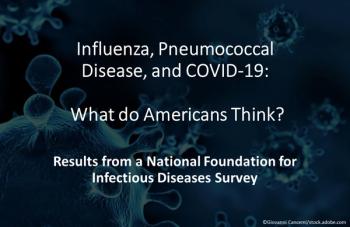
A new survey from the National Foundation for Infectious Diseases found key insights into what Americans believe about flu, pneumococcal disease, and COVID-19.
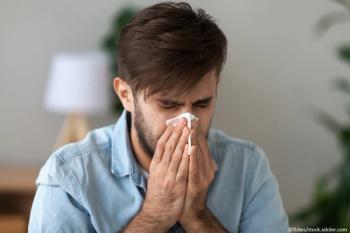
The possibility of a flu season wrapped in a global pandemic may have health care professionals especially worried this year.

Worried about the upcoming flu season overlapping with COVID-19? Get up to date on available tests and the clinical aspects of the diseases with our quick article.

The CDC estimates delivery of a record 194 to 198 million doses of influenza vaccine this year. The primary care imperative: vaccinate, vaccinate, vaccinate.

VIDEO: NIH-funded infectious disease expert discusses convalescent plasma, remdesivir, corticosteroids, and the COVID-19 vaccine timeline.

Groups at high risk for influenza and its complications were less likely to receive vaccination while hospitalized vs the general population, according to a new study.
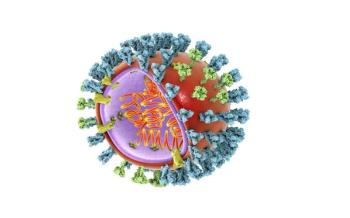
A pulmonary and critical care specialist identifies 4 factors that will, in part, determine the severity of the 2020-2021 flu season and that can inform preparation.

New research presented at the American Thoracic Society 2020 Virtual meeting showed the novel Theraflu Home FluTest demonstrated good sensitivity and specificity for influenza A and B viruses.
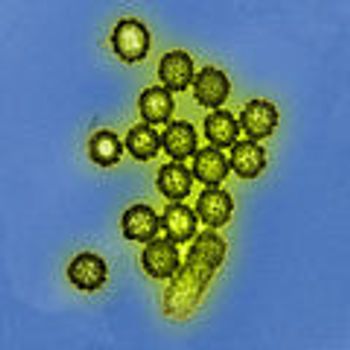
What flu vaccine should you recommend this year for children over age 2? A look at the data . . .

This year's influenza season is approaching fast. Although the World Health Organization officially declared an end to the 2009 H1N1 influenza pandemic in August, the H1N1 virus is still circulating and is likely to continue to cause serious disease in infants, young children, pregnant women, and other high-risk groups.